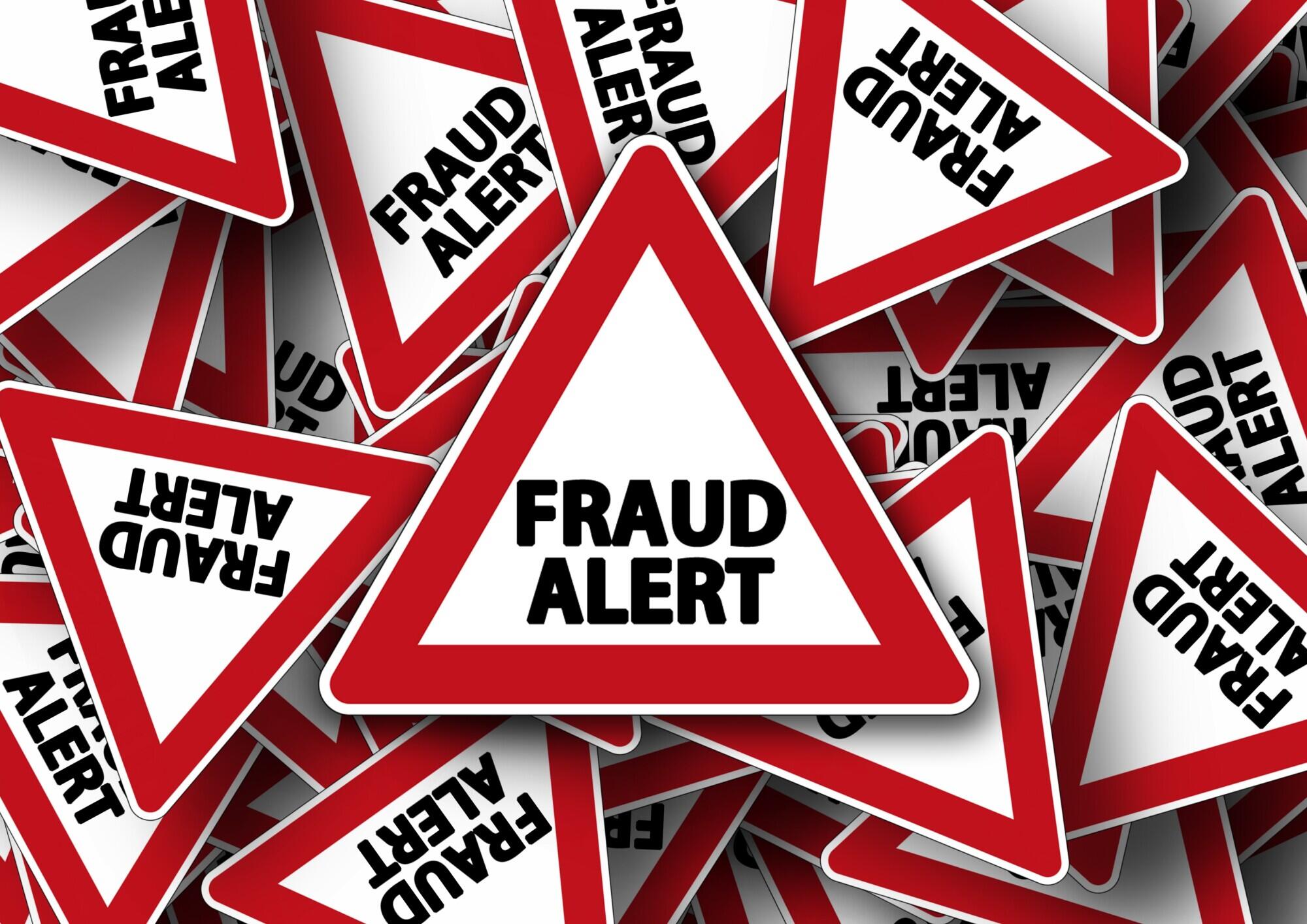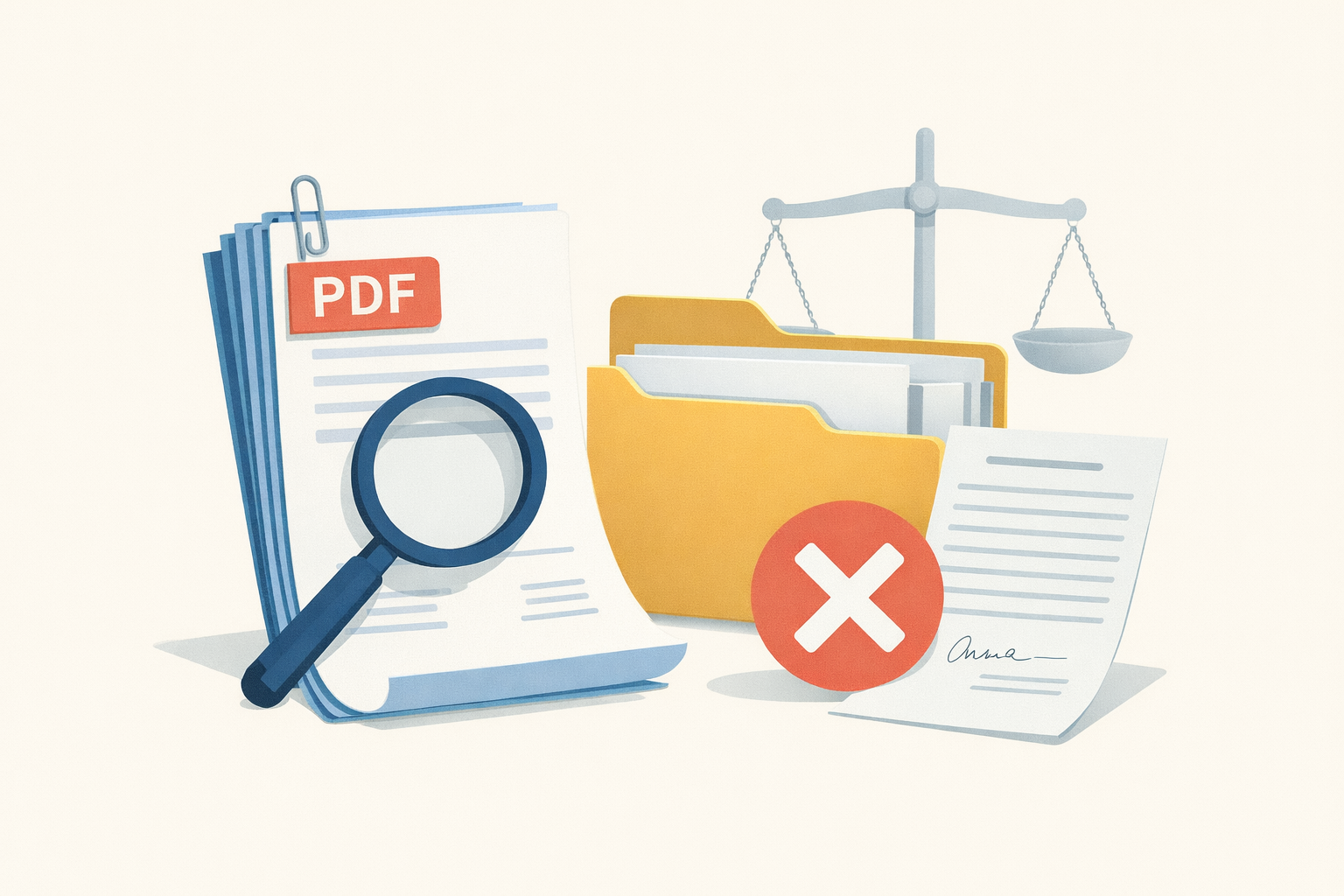Several years ago, when electronic discovery was still in its youth, federal courts wrestled mightily with the question of whether certain e-discovery costs can be recovered by parties who prevail at trial or win a dispositive outcome.
Central to this determination is a judicial assessment of which, if any, of these costs can be interpreted to fit within the boundaries of the federal cost-taxing statute, 28 U.S.C. § 1920. That law, which works together with the "prevailing party" rule, Federal Rule 54, allows winning parties to recover from losing parties costs including “(4) fees for exemplification and the costs of making copies of any materials where the copies are necessarily obtained for use in the case.”
Prior to a 2008 amendment, which was supposed to account for the fact that ESI has largely replaced paper as the de facto object of discovery, the law only allowed for “fees for exemplification and copies of papers.” The amended language and the commentary that accompanied it was widely accepted to mean that some activities associated with e-discovery should be interpreted to represent the modern-day equivalents of "copying" and "exemplification" -- and their associated costs, thus, could be recovered.
Until the beginning of 2012, parties moving to make their opponents pay their e-discovery costs were largely rolling the dice. Whether those costs would be reimbursed generally hinged on the presiding judge's interpretation of the cost-taxing language, his or her technical knowledge of the e-discovery process, and the parties' own knowledge of e-discovery and how each framed the recovery debate.
Then two important rulings emerged:
First, in March 2012, the Third Circuit Court of Appeals disallowed in the Race Tires America case more than $300,000 in e-discovery costs previously awarded to a prevailing defendant by a Pittsburgh district court. That decision, the first appellate ruling of its kind, struck down a broad range of costs associated with the collection, processing, and production of ESI, and concluded that only costs for scanning and file format conversion -- less than 10 percent of all e-discovery costs by some estimates -- could be recouped under 1920(4).
Then in May of that year, the Supreme Court decided in Taniguchi v. Kan Pacific Saipan, Ltd., 132 S.Ct. 1997 (2012) that a prevailing defendant seeking costs of translating documents could not recover those by Section 1920(6), which allows costs for "interpreter" fees. Though e-discovery costs were not at issue in that the case, the High Court's decree that all taxable costs are "limited by statute and modest in scope" was thought to have closed the door on the awarding of any expenses that weren't expressly outlined in the cost-taxing statute.
But a funny thing happened...
These would-be decisive opinions have done pretty much nothing to settle the taxation issue, or to build consensus around which costs are recoverable and which are not. While many courts have fallen in line with the Third Circuit's Race Tires rationale, many others have charted their own course, some simply by sticking their fingers to the wind. To be sure, determining which costs should be allowed and which shouldn't is not an easy decision -- especially given the highly complex, case-specific, and jargon-filled nature of these disputes. And there are seemingly no "right" answers given the myriad conflicts across circuits.
But the lack of coherence is nonetheless startling.
What's ironic is that the taxation issue has largely faded from the profession's (and industry's) conscience even though it is inarguably more important than ever. Today, due to the ubiquity of ESI in almost all litigation, many, many millions of dollars hang in the balance as courts flip coins to decide how to allocate e-discovery costs. Litigants and prospective litigants have little way of knowing whether they will have to foot the other side's e-discovery bill should they lose -- a prospect that may weigh particularly heavily on under-resourced requesting parties.
To complicate matters, it appears as though e-discovery vendors are beginning to write their invoices in such a way that courts will be more likely to find those expenses recoverable based on how they are described. Some have said that Congress can and should come to the rescue simply by re-writing the arcane language of the law with more specificity, but that outcome seems out of reach.
And in lieu of such action, chaos ensues. The first five month of this year have shown this to be the case. Below is a sampling of the completely arbitrary consequences.
Decision: AgJunction v. Agrarian
Date: May 27, 2016
Court: District Court of Kansas, 10th Circuit
Amount at issue: $43,133.89
Awarded: $40,701.94
Disallowed: $2,431.95
Recovered Costs: Costs for copying software; imaging "digital devices"; "collection," "evaluation," "processing," and "production" of ESI.
Non-Recovered Costs: Costs for "in-house OCR scanning," "project preparation," "client communications," and "data set size inventory"; physical media such as "evidence storage media," "external hard drives," "media for encrypted data," "USB flash media."
Decision: U.S. Ex Rel. Marshall v. Woodward Governor Co.
Date: May 12, 2016
Court: District Court, Northern District of Illinois, 7th Circuit
Amount at issue: $89,226.65
Awarded: $4,748.90
Disallowed: $84,477.75
Recovered Costs: Costs for TIFF rendering, "Post-review TIFFing," and electronic Bates stamping.
Non-Recovered Costs: Costs for "extracting metadata from native files" and "loading electronic information into document review (platform)" (a.k.a. "native rendering").
Decision: Madison Oslin, Inc. v. Interstate Resources, Inc.
Date: March 18, 2016
Court: District Court of Maryland, 4th Circuit
Amount at issue: $28,839.65
Awarded: $28,839.65
Disallowed: $0
Recovered Costs: Costs for production of metadata and all copying costs (i.e. "costs necessary to duplicate an electronic document in as faithful and complete a manner as required by rule, by court order, by agreement of the parties, or otherwise.")
Non-Recovered Costs: N/A
Decision: Allen v. City of Chicago
Date: March 16, 2016
Court: District Court, Northern District of Illinois, 7th Circuit
Amount at issue: $16,200
Awarded: $4,200
Disallowed: $12,000
Recovered Costs: Costs for TIFF conversion and hard drives containing email
Non-Recovered Costs: Costs for "Digital Tech Time per GB" associated with "OCRing"; "endorsing & exporting" for the purpose of creating "searchable PDFs"
Decision: Melchior v. Hilite International
Date: Feb. 26, 2016
Court: District Court, Northern District of Texas, 5th Circuit
Amount at issue: $32,698.90
Awarded: $924.50
Disallowed: $31,774.40
Recovered Costs: Unspecified
Non-Recovered Costs: Costs for document collection, processing, and hosting; users licenses fees; costs of building an electronic database; TIFFing and file conversion performed at party's discretion; electronic Bates stamping.
Decision: Associated Electric & Gas Insurance Services v. BendTEC, Inc.
Date: Feb. 24, 2016
Court: District Court of Minnesota, 8th Circuit
Amount at issue: $123,260.80
Awarded: $0
Disallowed: $123,260.80
Recovered Costs: N/A
Non-Recovered Costs: "Costs incurred by creating and maintaining an electronic database to hold documents produced by (opposing party) and collecting and securing its own documents."
Decision: Broadspring, Inc. v. Congoo, LLC
Date: Feb. 24, 2016
Court: District Court, Southern District of New York, 2nd Circuit
Amount at issue: $273
Awarded: $136.50
Disallowed: $136.50
Recovered Costs: Costs of converting native files to TIFF
Non-Recovered Costs: N/A (pre-trial agreement required party to split costs)
Decision: Procaps SA v. Pantheon Inc.
Date: Feb. 2, 2016
Court: District Court, Southern District of Florida, 11th Circuit
Amount at issue: $33,298.63
Awarded: $10,789.66
Disallowed: $22,508.97
Recovered Costs: Costs for extracting metadata from native files.
Non-Recovered Costs: Costs for "OCR/Text extraction."
Decision: Intercontinental Great Brands LLC v. Kellogg North America Company
Date: Jan. 26, 2016
Court: District Court, Northern District of Illinois, 7th Circuit
Amount of issue: $70,382.78.
Awarded: $4,537.82
Disallowed: $65,844.96
Recovered Costs: Costs for blowbacks; PDF and TIFF conversion.
Non-Recovered Costs: Costs for hosting Concordance; making documents searchable; slip sheet insertion; text extraction and OCR; "volume mastering," "unitization," "document imaging," "CD duplication," and "media formatting."
Decision: Lawson v. Sun Microsystems, Inc.
Date: Jan. 19, 2016
Court: District Court, Southern District of Indiana, 7th Circuit
Amount at issue: $3,805.00
Awarded: $0
Disallowed: $3,805.00
Recovered Costs: N/A
Non-Recovered Costs: "Costs to scrub privileged information from (opposing side's) computer."
If you're interested in learning how the rise of easy-to-use, cloud-based technology has complicated the cost-taxing determination, or if you'd just like to learn more about modern discovery, request a consultation with Logikcull.




